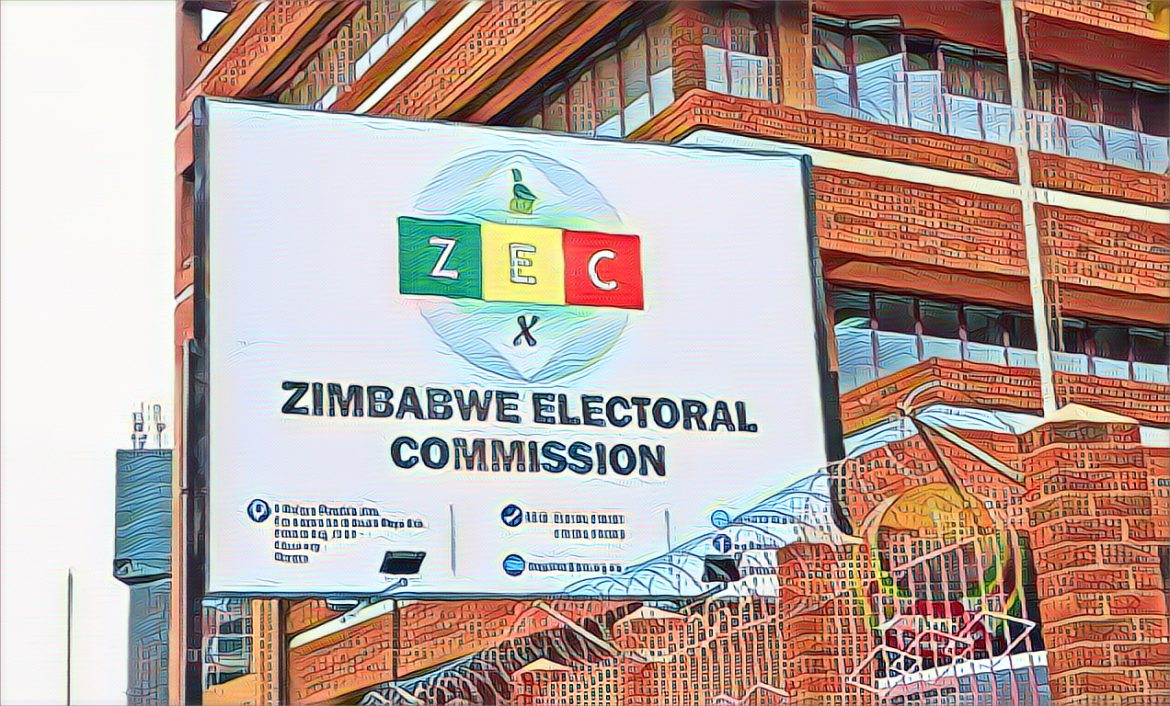The Zimbabwe Election Support Network (ZESN), a prominent election watchdog, has voiced strong opposition to proposed changes to the country’s electoral laws. The reforms, if passed, would transfer critical responsibilities from the Zimbabwe Electoral Commission (ZEC) to other government bodies.
The proposed amendments aim to remove voter registration and delimitation duties from ZEC’s purview. Voter registration would return to the Registrar-General’s Office, while delimitation, the process of redrawing electoral boundaries, would be handled by a separate delimitation commission.
Shifting Responsibilities, Raising Concerns
ZESN argues that these changes represent a significant step backward for Zimbabwe’s electoral system. In a statement, the organization expressed concern that moving key tasks away from ZEC weakens the commission’s independence and contradicts positive reforms enacted in 2009.
“This further compromises the independence of ZEC by allowing separate government bodies to perform roles directly linked to the Commission’s duties,” ZESN noted. “This jeopardizes the Commission’s stewardship of elections, and ultimately erodes citizens’ confidence and trust in electoral processes.”
Global Standards and Regional Examples
The watchdog highlights that concentrating electoral tasks under ZEC aligns with best practices observed in other African democracies. They point to neighboring countries like Malawi, Zambia, and Kenya, where electoral commissions manage both voter registration and delimitation.
ZESN emphasizes the importance of ZEC retaining its current authorities to effectively fulfill its mandate. They argue that a centralized electoral body facilitates better planning and a more cohesive approach to managing elections.
ZESN proposes an alternative approach that focuses on strengthening ZEC’s independence and capacity, rather than altering its structure. They advocate for increased transparency and accessibility to enhance public trust in the commission.
The organization calls for reforms that address broader electoral concerns, including equal media coverage during elections, stricter enforcement of campaign finance regulations, and more robust dispute resolution mechanisms.
A Call for Holistic Reform
ZESN urges the Zimbabwean government to consider a comprehensive electoral reform process that adheres to national and regional democratic principles. They emphasize the importance of aligning reforms with the Zimbabwean Constitution, the SADC Principles and Guidelines Governing Democratic Elections, and the African Charter on Democracy, Elections, and Governance (ACDEG).
By implementing these recommendations, Zimbabwe can work towards a more transparent and credible electoral system that fosters greater public trust and participation in the democratic process.
Source: New Zimbabwe


